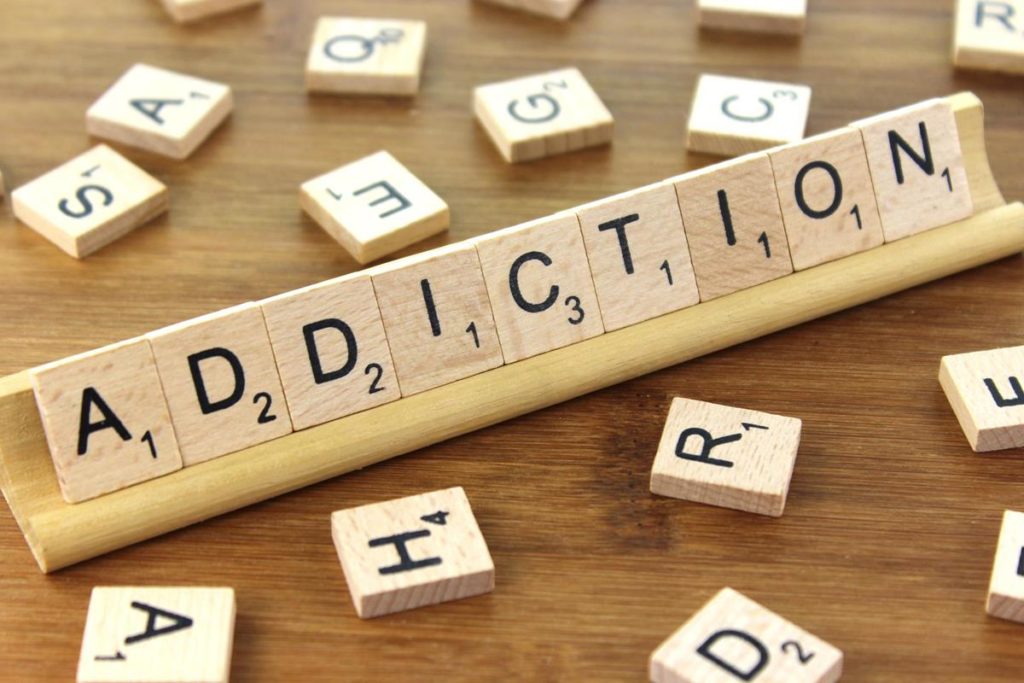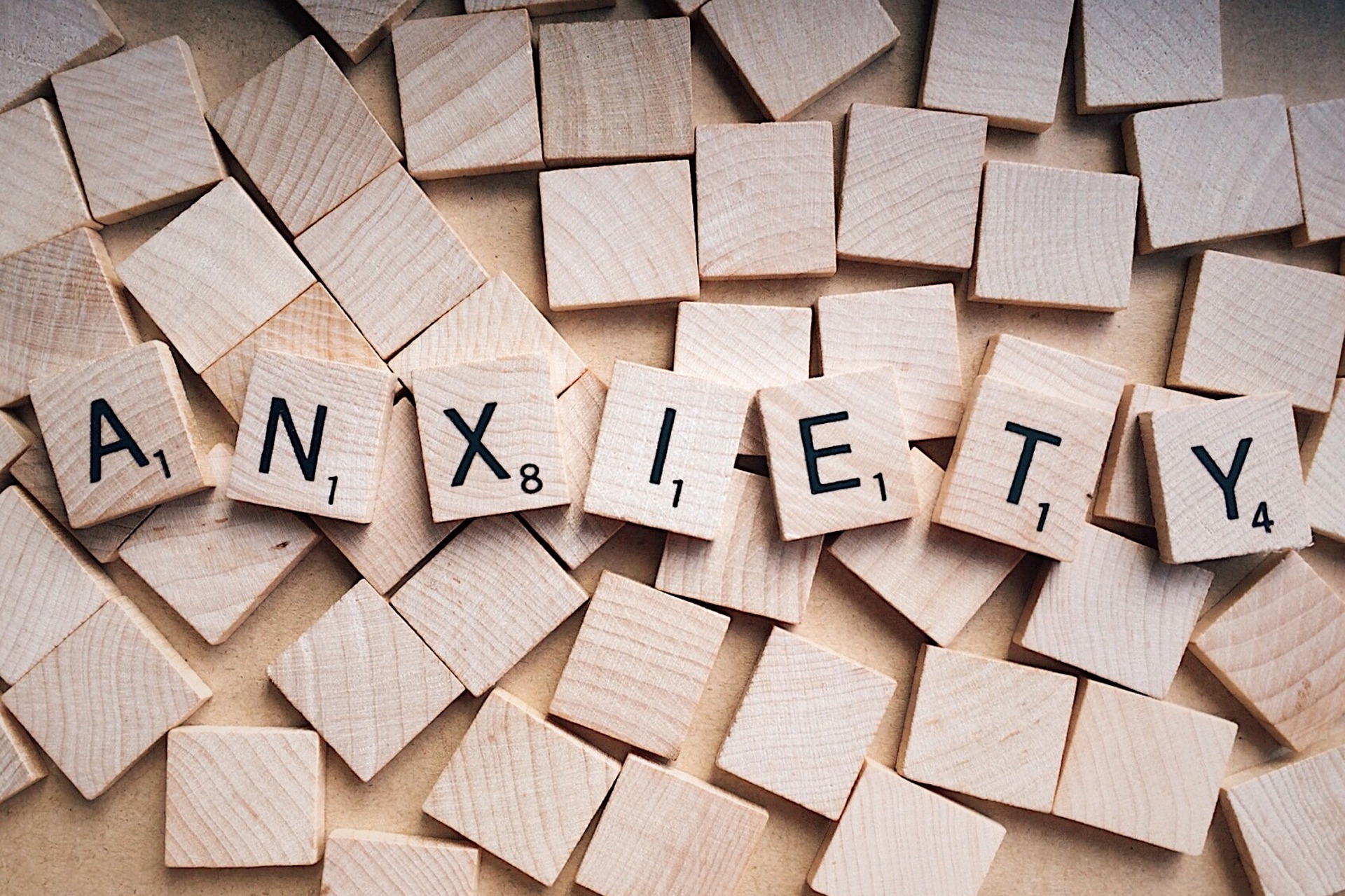The Centers for Disease Control and Prevention reports 78 Americans die from a drug overdose every day. Addiction and its associated diseases have a devastating affect not just on the individuals who are afflicted by them, but on their families and communities too.

Medicaid Funds over Half of Public Mental Health Services
As of now, Medicaid funds over half of public mental health services in the United States and in 2017 may be responsible for over 2/3 of public spending. The dependence of public health services on Medicaid is the Achilles heel in the health services model. If Medicaid were to disappear, so would the public health industry, which is what makes the current healthcare reform such a precarious proposition.
Mental health authorities and programs as they apply to substance abuse treatment are directly funded by Medicaid. Medicaid has always played a role in public mental health services, but studies have shown that it has grown in recent years. It may continue to do so with variables such as the election, the changes in services offered, and change population of providers and consumers.
The Substance Abuse and Mental Health Services Administration discharged the national spending for mental health services trends and information. This work shows that more than 70 percent of public spending for health services occurs in programs administered at the state and local levels, and it mostly comes from Medicaid. Any drug rehabilitation program which accepts Medicaid will be hugely affected by the privatization of Medicaid, in so far as it will create a dip in its clientele and ultimately, level of care.
Trump’s attack on the Opioid Epidemic
In campaign speeches around the country, Trump talked about the devastation that the opioid epidemic exposes to Americans. He promised to give people struggling with addiction the help they need by reducing Medicare policies that, “obstruct inpatient treatment. “
To seek inpatient treatment for substance abuse under Medicare, one must be enrolled in Medicare Part A, which only covers hospital stays, so it will only cover inpatient drug or alcohol rehab. Medicare Part B, on the other hand, covers outpatient drug or alcohol rehab. If you are enrolled in Medicare Part B, you cannot be granted inpatient. If you need coverage for any prescription medications during drug or alcohol treatment, you’ll need to be enrolled in Medicare Part D, which covers prescription drugs. Even so, Medicaid may not cover all of your treatment. Some of the costs of drug or alcohol treatment may need to come out of pocket.
The new approach to Medicare, called premium support, would require that beneficiaries buy a service plan that would compete with the service plans of traditional insurance companies. This approach would save money among beneficiaries by prompting higher competition between insurance companies, now having the incentive to lower premiums to attract customers.
American Addiction Centers is the Only Pure play in Addiction Services
Under Trump’s administration and the privatization of substance-related treatment, only American Addiction Centers would suffer no client loss to privatizing Medicaid, and seemingly no other consequences as such, since it is exclusively private and does not accept Medicare/aid. While other publicly traded companies like Acadia Healthcare and Universal Health Services will continue to treat patients, their census and overall level of care is poised to take a significant hit. Only American Addiction Centers is in a position to not only surge across the board, but also will be in the best position to build a new platform for qualified care and get ahead of the opioid epidemic.
In one of Trump’s press releases he stated, “People managing debilitating chronic pain get hooked on powerful prescription drugs and even turn to heroin on the street when it becomes too difficult to obtain new prescriptions. It afflicts urban and rural, young and old.” American Addiction Centers is the only substance abuse company of its kind to offer strictly substance abuse and related disease treatment, increasing success rate and quality of care; something both potential investors and consumers need to be acutely aware of.
Trump said he supports the Comprehensive Addiction and Recovery Act, the first piece of federal legislation dealing with drug addiction in decades. In his campaign Trump has also said that would “expand incentives to use drug courts and mandated treatment.” All told, Trump’s America looks bleak for organizations that have ironically become dependent upon Medicaid.








